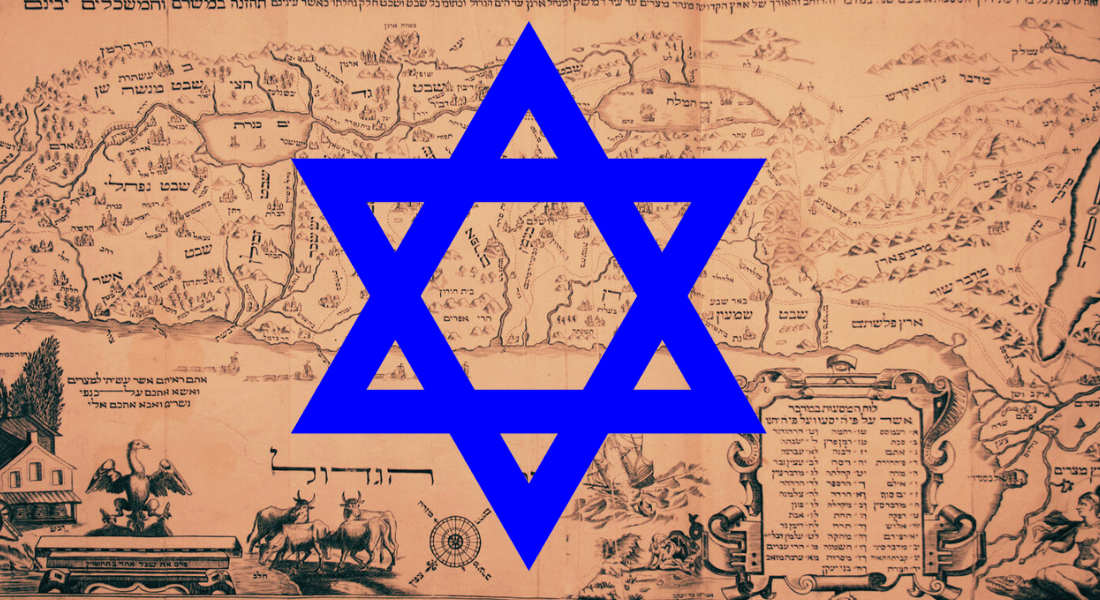The Jerusalem Post, an Israeli broadsheet, sparked controversy online for two reasons: first, by publishing an article suggesting that Lebanon could be considered part of “Israel’s promised land,” and second, by subsequently removing the piece.
On September 25, 2024, the newspaper released an article titled “Is Lebanon part of Israel’s promised territory?” This publication drew significant backlash, particularly in light of ongoing Israeli airstrikes in Lebanon that had begun the previous Monday, resulting in over 900 casualties, according to Lebanese officials.
After facing criticism, The Jerusalem Post took down the article, which led to a flurry of reactions on social media. Many users accused the outlet of endorsing expansionist ideas masked as religious justification.
One Reddit user quipped, “LOL they delete article claiming God gave them Lebanon,” while another commented sarcastically on the use of ancient religious texts to justify contemporary conflicts.
A Twitter user named James posted, “Could the @Jerusalem_Post help with a link to their article ‘Is Lebanon part of Israel’s promised territory?’ The current link results in ‘Error 404 – Page not found.’ The article begins: ‘The Torah provides clear guidelines regarding the areas we were commanded to conquer…'”
The article referenced the contentious concept of “Greater Israel,” often linked to far-right factions within Israeli politics, which assert historical and religious claims to various territories, including parts of Lebanon.
While largely symbolic and not officially adopted as policy, this notion has resurfaced periodically, raising concerns about Israeli territorial ambitions.
This incident echoed a recent controversy involving Israeli Finance Minister Bezalel Smotrich, who displayed a map suggesting that Israel’s borders should extend well beyond their current boundaries, further heightening tensions.
Amid the ongoing military operations, Israeli Prime Minister Benjamin Netanyahu rejected international ceasefire proposals, escalating the situation in Lebanon.
Public discourse has intensified, with critics arguing that the article’s religious framing recalls past rhetoric used to justify territorial expansion.
In today’s digital age, deleting an article often fails to erase its impact; many users quickly shared archived versions of the piece online.










